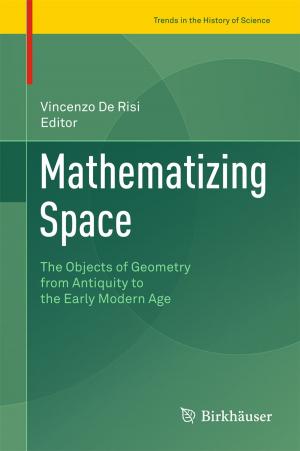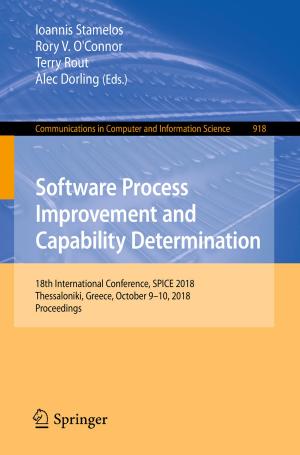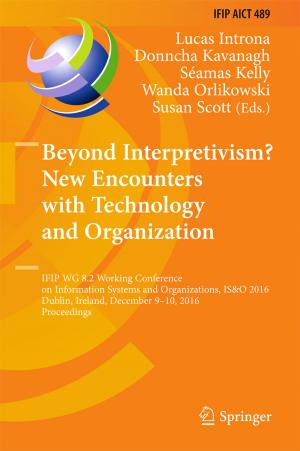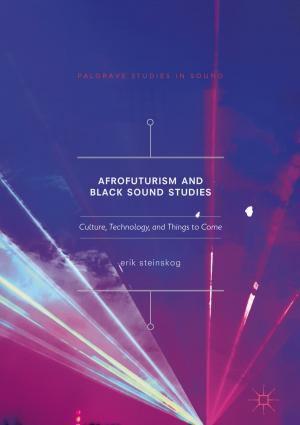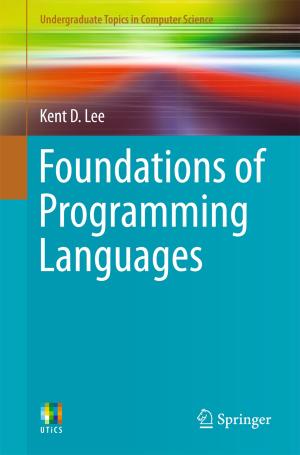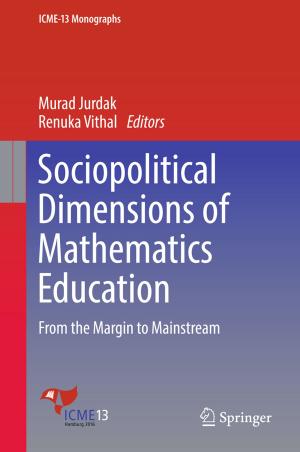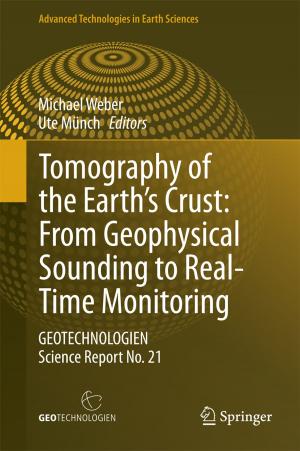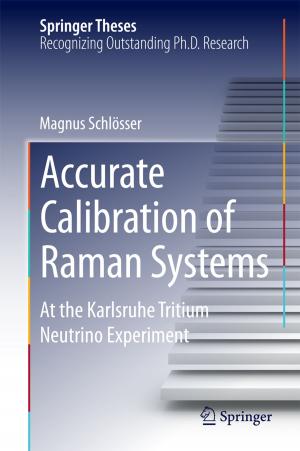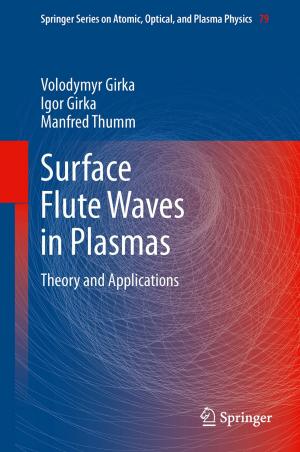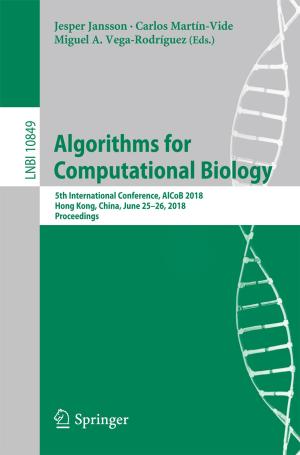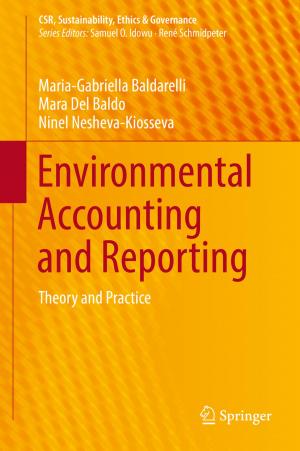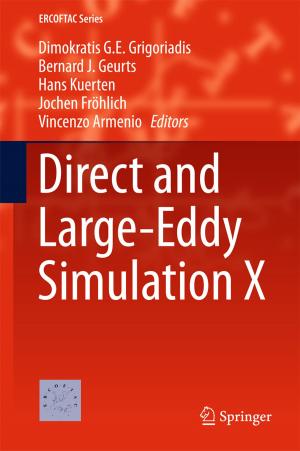Towards Solid-State Quantum Repeaters
Ultrafast, Coherent Optical Control and Spin-Photon Entanglement in Charged InAs Quantum Dots
Nonfiction, Science & Nature, Science, Physics, Quantum Theory, Computers, Advanced Computing, Information Technology| Author: | Kristiaan De Greve | ISBN: | 9783319000749 |
| Publisher: | Springer International Publishing | Publication: | April 16, 2013 |
| Imprint: | Springer | Language: | English |
| Author: | Kristiaan De Greve |
| ISBN: | 9783319000749 |
| Publisher: | Springer International Publishing |
| Publication: | April 16, 2013 |
| Imprint: | Springer |
| Language: | English |
Towards Solid-State Quantum Repeaters: Ultrafast, Coherent Optical Control and Spin-Photon Entanglement in Charged InAs Quantum Dots summarizes several state-of-the-art coherent spin manipulation experiments in III-V quantum dots. Both high-fidelity optical manipulation, decoherence due to nuclear spins and the spin coherence extraction are discussed, as is the generation of entanglement between a single spin qubit and a photonic qubit. The experimental results are analyzed and discussed in the context of future quantum technologies, such as quantum repeaters.
Single spins in optically active semiconductor host materials have emerged as leading candidates for quantum information processing (QIP). The quantum nature of the spin allows for encoding of stationary, memory quantum bits (qubits), and the relatively weak interaction with the host material preserves the spin coherence. On the other hand, optically active host materials permit direct interfacing with light, which can be used for all-optical qubit manipulation, and for efficiently mapping matter qubits into photonic qubits that are suited for long-distance quantum communication.
Towards Solid-State Quantum Repeaters: Ultrafast, Coherent Optical Control and Spin-Photon Entanglement in Charged InAs Quantum Dots summarizes several state-of-the-art coherent spin manipulation experiments in III-V quantum dots. Both high-fidelity optical manipulation, decoherence due to nuclear spins and the spin coherence extraction are discussed, as is the generation of entanglement between a single spin qubit and a photonic qubit. The experimental results are analyzed and discussed in the context of future quantum technologies, such as quantum repeaters.
Single spins in optically active semiconductor host materials have emerged as leading candidates for quantum information processing (QIP). The quantum nature of the spin allows for encoding of stationary, memory quantum bits (qubits), and the relatively weak interaction with the host material preserves the spin coherence. On the other hand, optically active host materials permit direct interfacing with light, which can be used for all-optical qubit manipulation, and for efficiently mapping matter qubits into photonic qubits that are suited for long-distance quantum communication.

